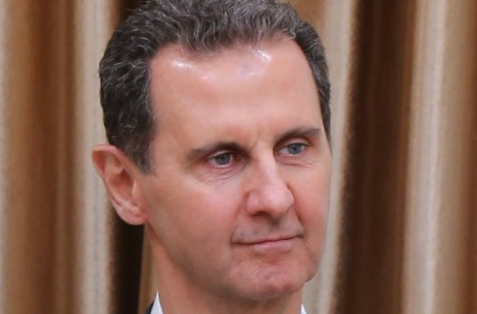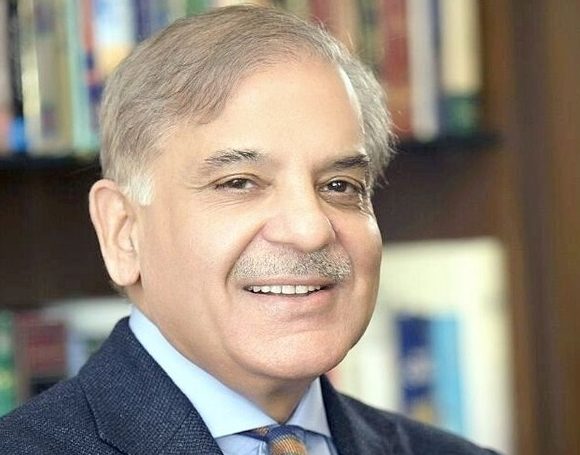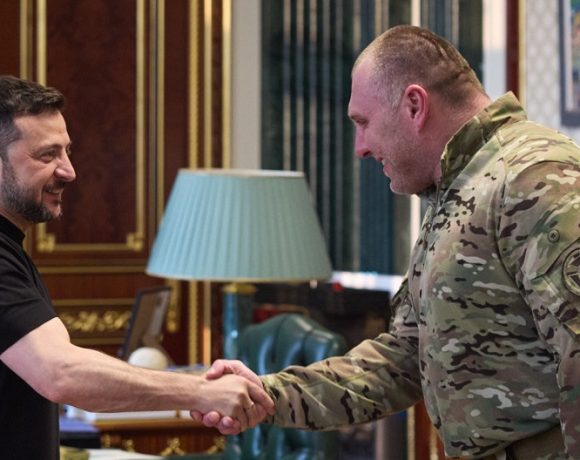
Bashar al-Assad Allegedly Transferred $250M to Moscow
Reports have emerged alleging that former Syrian President Bashar al-Assad secretly transferred $250 million in cash to Moscow after being toppled from power. The funds were reportedly smuggled out of Syria under the cover of chaos that marked the civil war, and are believed to have been part of a plan to secure his political asylum in Russia.
Allegations of Secret Cash Transfer
Sources close to the matter claim that Assad orchestrated the transfer of $250 million from Syria as his regime collapsed under the pressure of a prolonged civil war and international isolation. This money was allegedly moved using private channels and was handed over to Russian authorities upon his arrival.
Assad, who ruled Syria for two decades, fled the country after losing control over large territories to opposition forces. While Russia provided military and diplomatic support during his regime, his exile in Moscow reportedly came with conditions, including financial arrangements.
Controversial Asylum in Russia
Russia, which has been a key ally to Assad throughout the Syrian conflict, granted him asylum in the aftermath of his political downfall. Critics argue that such asylum agreements often come with covert financial dealings, as seen in this case.
The alleged cash transfer has raised questions about the use of state resources by leaders who face ouster. Human rights advocates and international observers have criticized the lack of accountability for leaders like Assad, who are accused of exploiting public funds while leaving their nations in disarray.
Global Reactions and Implications
The reported movement of $250 million to Moscow has intensified scrutiny on Assad’s financial activities and the broader implications of Russia’s asylum policies for exiled leaders. These revelations add to Assad’s already controversial legacy, which includes allegations of war crimes and human rights abuses during his presidency.
As the story unfolds, global stakeholders are calling for transparency and accountability to prevent similar instances of financial exploitation during regime changes. This development also highlights the complex geopolitical dynamics surrounding Syria and Russia’s role in the conflict.


















